While all of the children in our programs are vulnerable to the effects of poverty, there are certain instances in which a child is considered to be in a state of high vulnerability. He or she may need additional stability in their life so they can participate in our Child Sponsorship program.
This support is provided by the Highly Vulnerable Children (HVC) fund.
There are varying issues that determine the vulnerability status of a child. Some factors may include: if there is no adult caregiver due to death or abandonment, if the primary caregiver is incapacitated due to illness or injury, or if the caregiver is too old to work, causing a lack of food, clothing or shelter.
Other instances could include situations of abuse, exploitation, or physical or mental special needs. In some cases, the child is malnourished and needs therapeutic feeding.
In Ghana, when a child is considered highly vulnerable due to lack of provision for basic needs, the HVC intervention has short-term and long-term goals. In the short-term, a sustainability plan provides GHs 90.00 (about $25.00 a month) every month for food and other necessities for the child and their family.
But our programs are not designed to create a state of dependency so one of the long-term goals of the HVC fund is to help these families gain financial independence.
Caregivers have the opportunity to participate in income generation activities. They are trained to identify things they can do to generate income and are empowered with grant money to help them start a trade.
Transform Child Development Center of International Central Gospel Church, Transformation Temple, is situated in an extremely impoverished community of Kasoa and has its fair share of highly vulnerable children. Like the other 232 child development centers in Ghana, Transform CDC selected 10 highly vulnerable children who have been benefitting from this special intervention for almost three years.
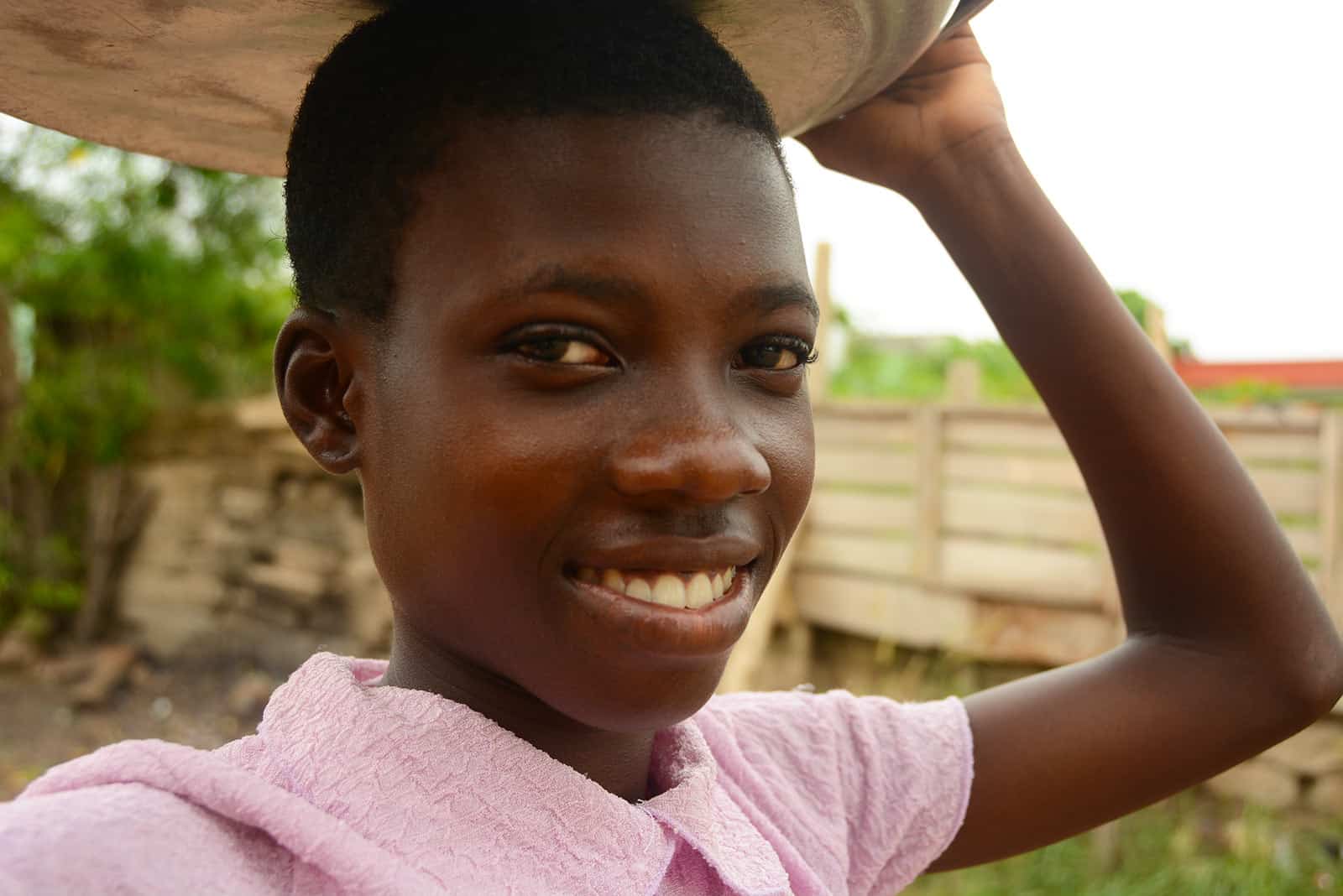
One of those children is Paulina Annor. Her mother Gladys is the single mother of five children from two marriages. Both of her husbands passed away and she has single-handedly toiled to take care of her children.
She tried selling all kinds of things, from secondhand clothing and dishes to vegetables and fried doughnuts. Even though two of her children, Paulina and Michael, were enrolled at Transform CDC, there was still not much relief. So Paulina was put on HVC.
The monthly HVC support provided enough food for the whole family. Gladys didn’t have to buy soap for bathing, detergent for washing clothes, toothbrushes or toothpaste.
Kasoa, which means market, is a big market center where people from surrounding towns and villages come to buy and sell. So when given the opportunity to choose an income generating activity, Gladys, and all 10 of the other HVC caregivers, chose trading.
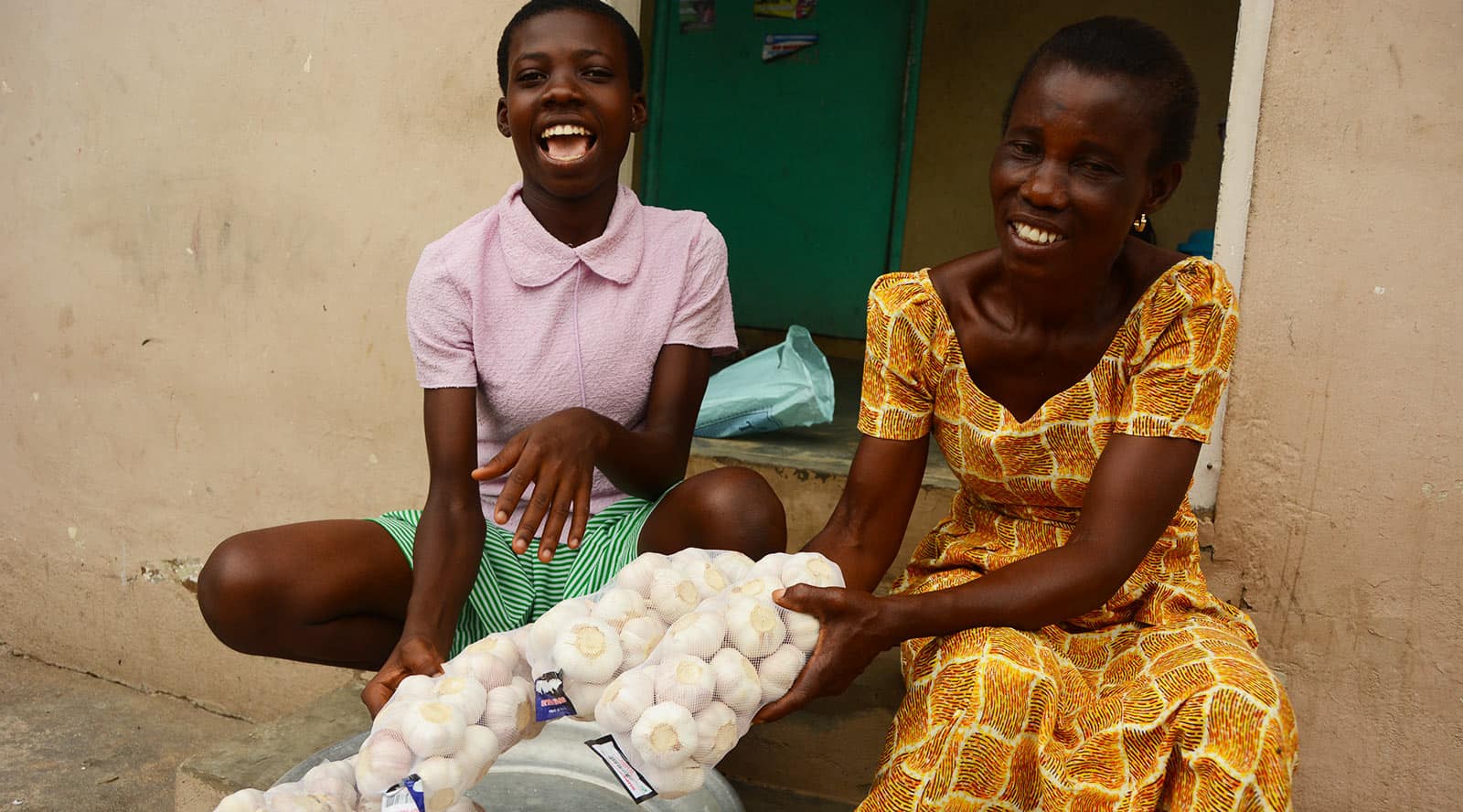
They were trained on basic record keeping, stocking and the importance of saving. It was instilled in them to save some money, at least once a week, no matter how little they made.
After the training, they were encouraged to open a savings account with the grant money of GHc 500.00 (about $135) to invest in their business – knowing it was to help them make enough money to take better care of their children and to save for a future for them.
And now, after almost three years, the time has come for Gladys and the other caregivers to become self-sufficient and transition out of the HVC intervention.
In just about one month after receiving the grant, Gladys has been able to save GHc110.00 from her fresh garlic selling business.
“Life is better for me and my children and business has improved. I have even been able to save more than GHc100 in a short period, something I have never done in all my life of selling until now. This is because of the training we have received. Now, I know how to better manage my small business,” she said.
Paulina is now 15 years old and in her final year of junior high school.
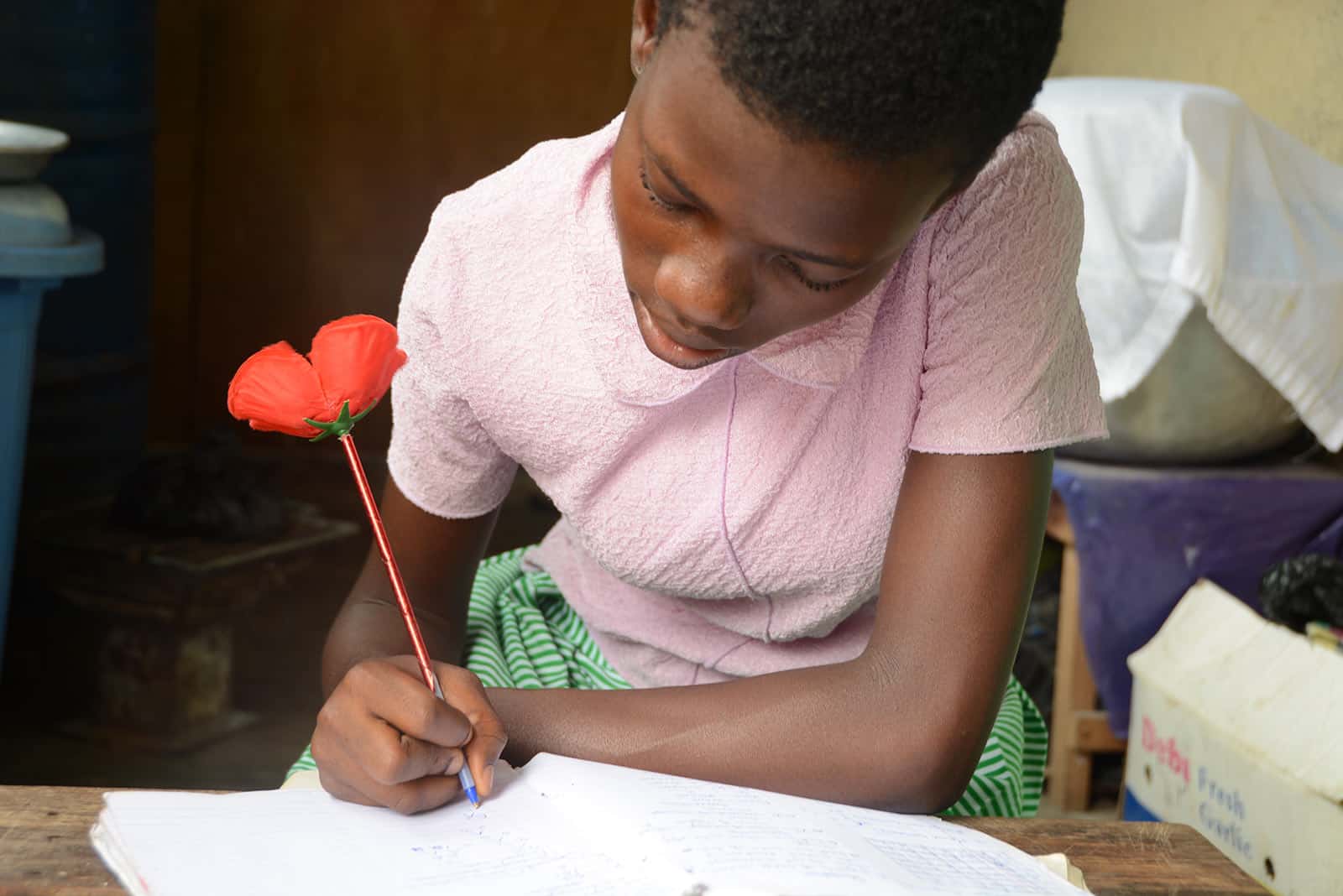
“The relief HVC has brought to our house is great. Most times the items the project gives us are so much, my mother sends some to my brother who is in secondary school and in the boarding house,” Paulina said.
Paulina wants to be a teacher one day, even though her mother wants her to be a nurse. She understands that whatever career she chooses to pursue will require a lot of money. But now that her mother’s garlic business is bringing in a stable profit and she’s saving for the future, Paulina isn’t afraid.
Mariam Conney, the account clerk for Transform CDC is optimistic that all 10 caregivers will be well-equipped to exit HVC with ease. She and the CDC will always be there to help them practice everything they’ve learned and maintain their financial independence so that the children will never be considered highly vulnerable again.

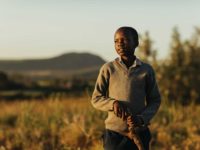
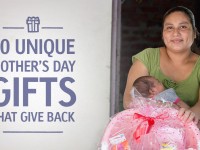
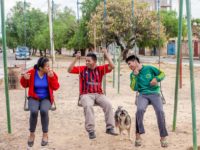
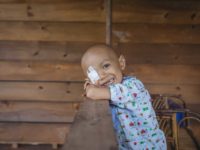


0 Comments |Add a comment